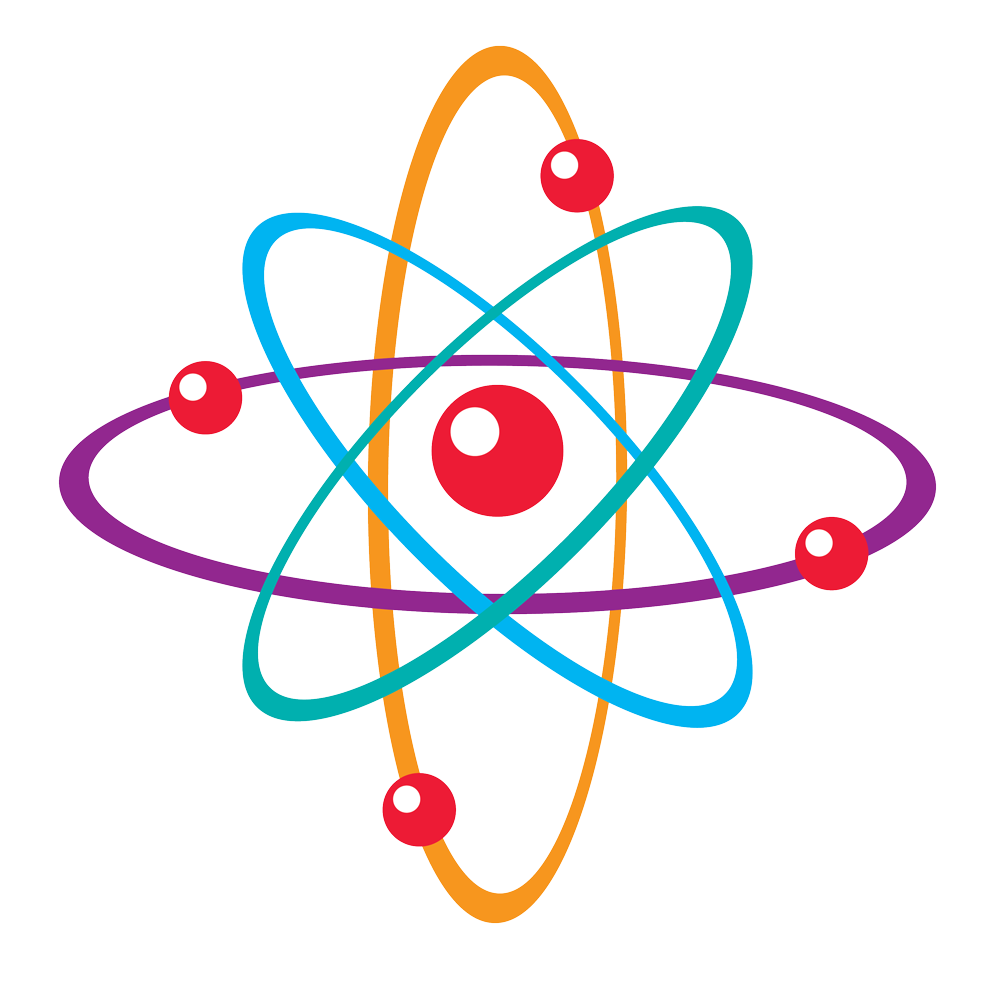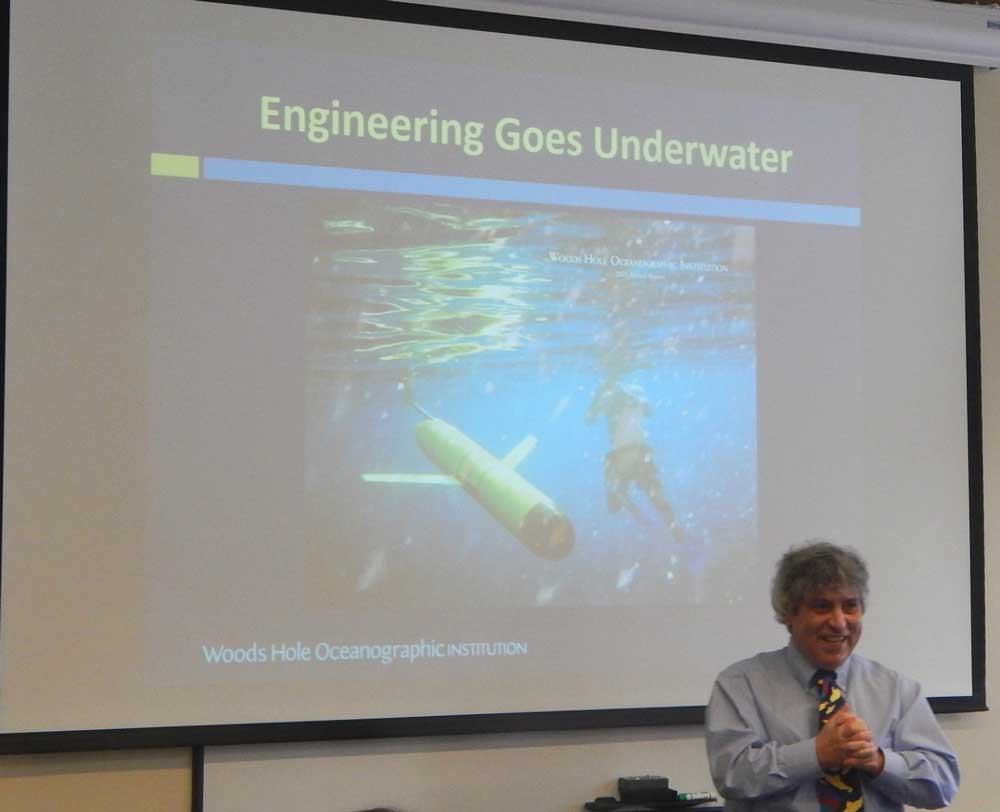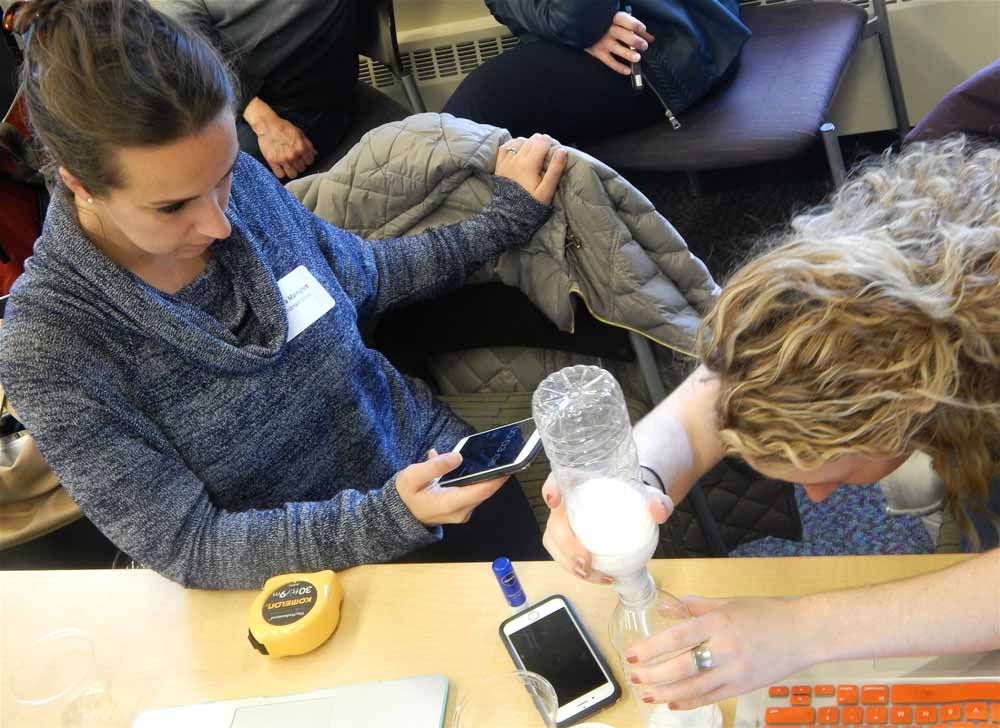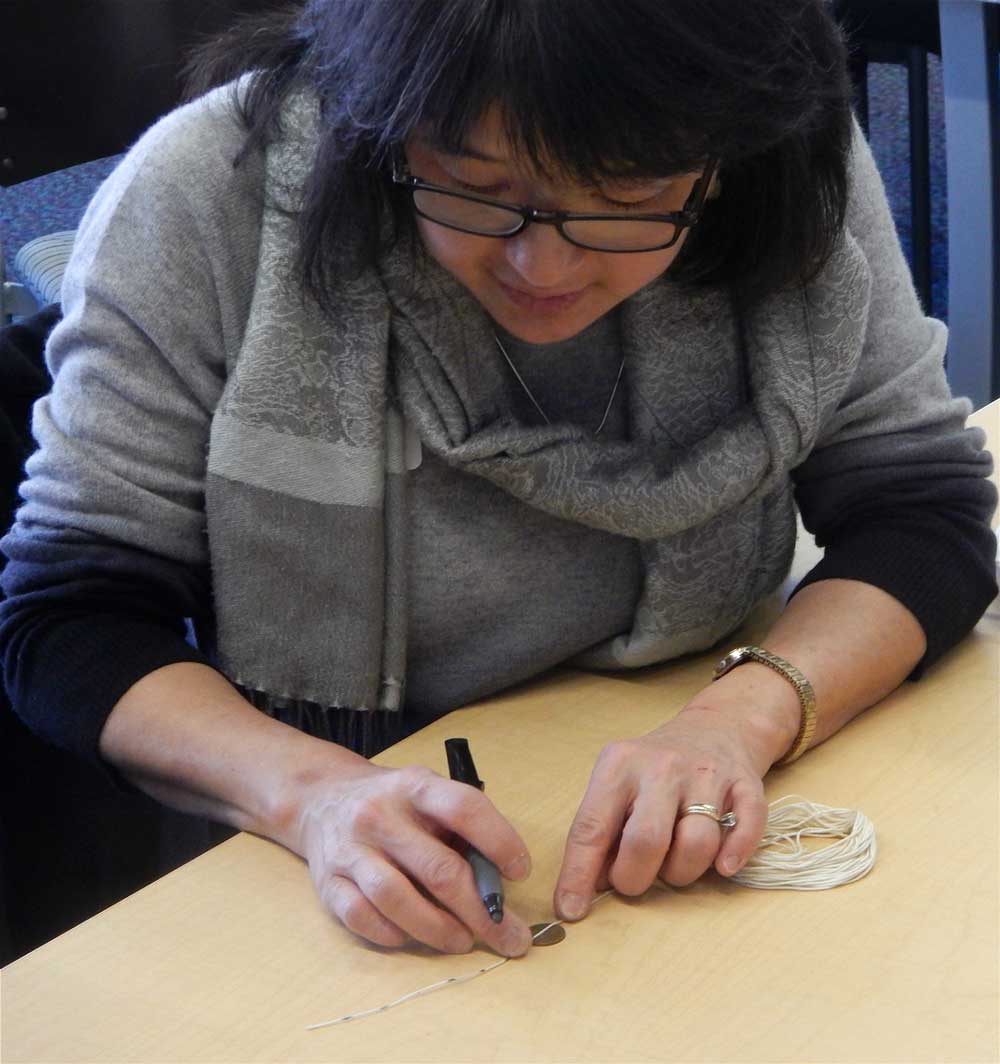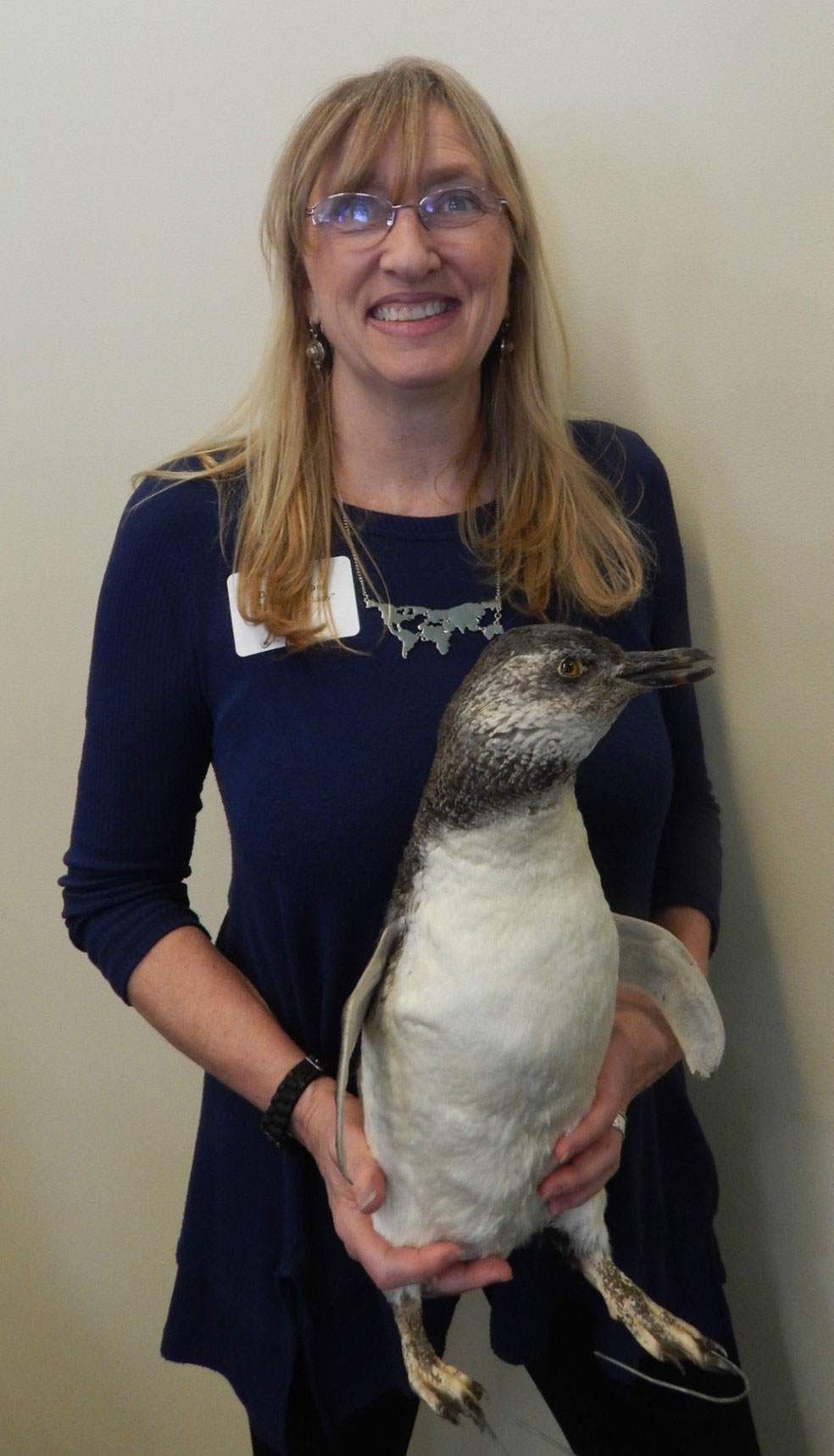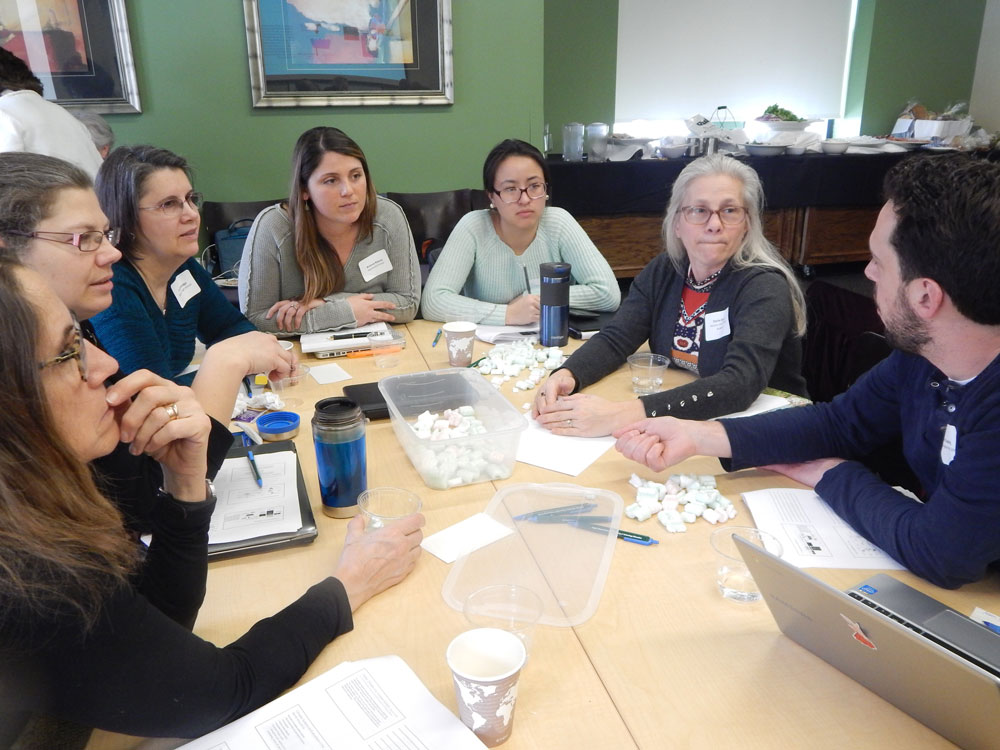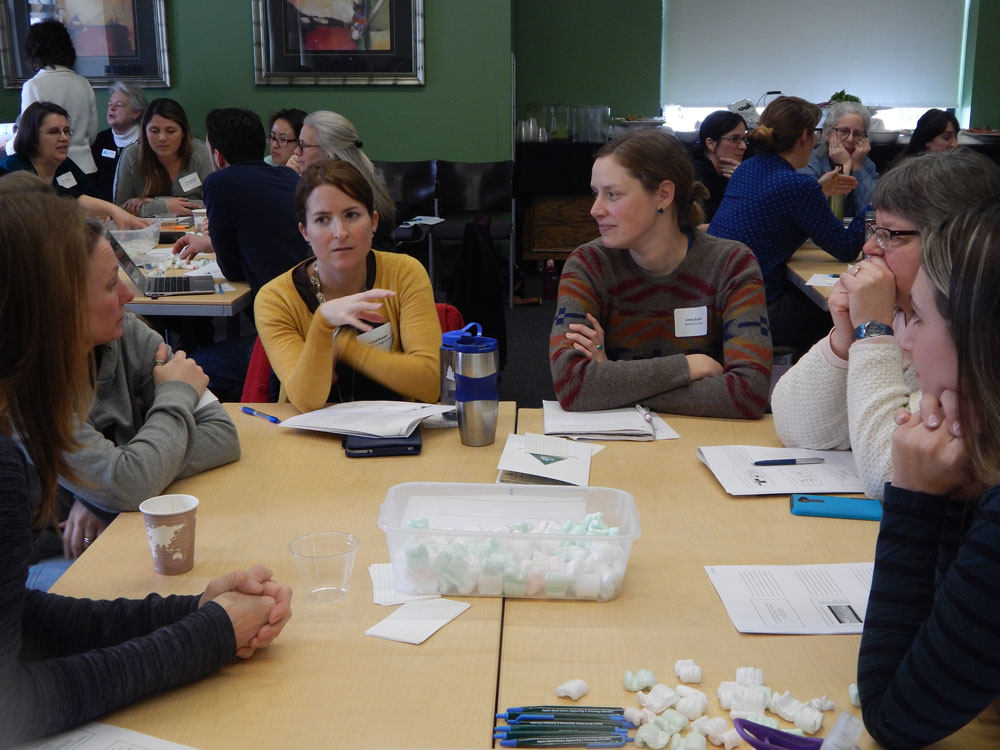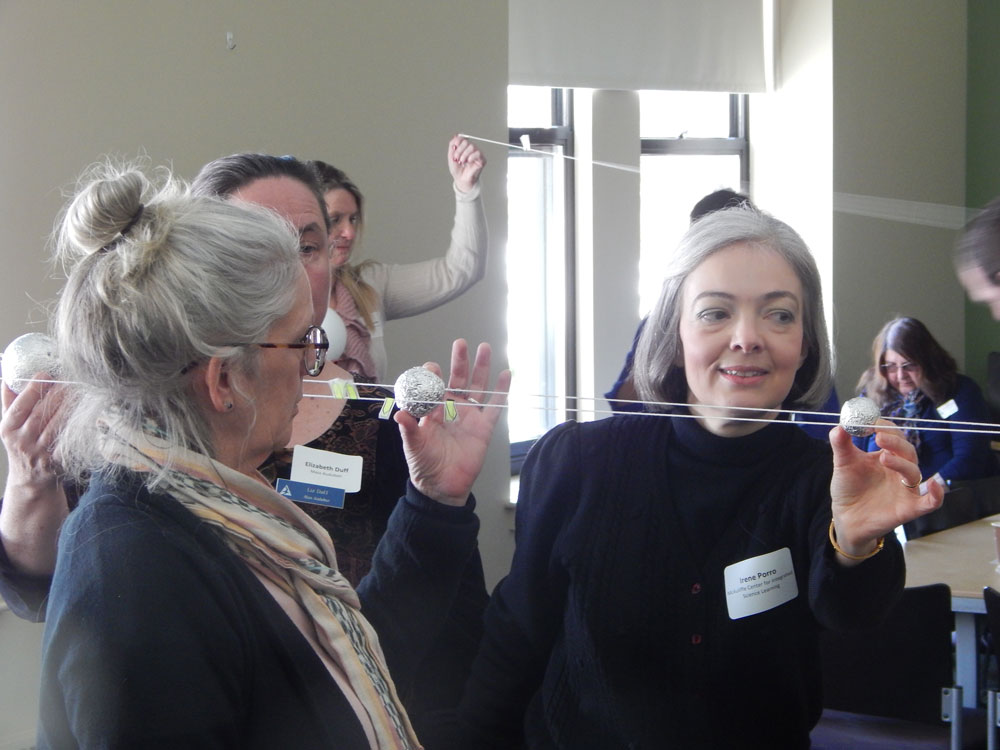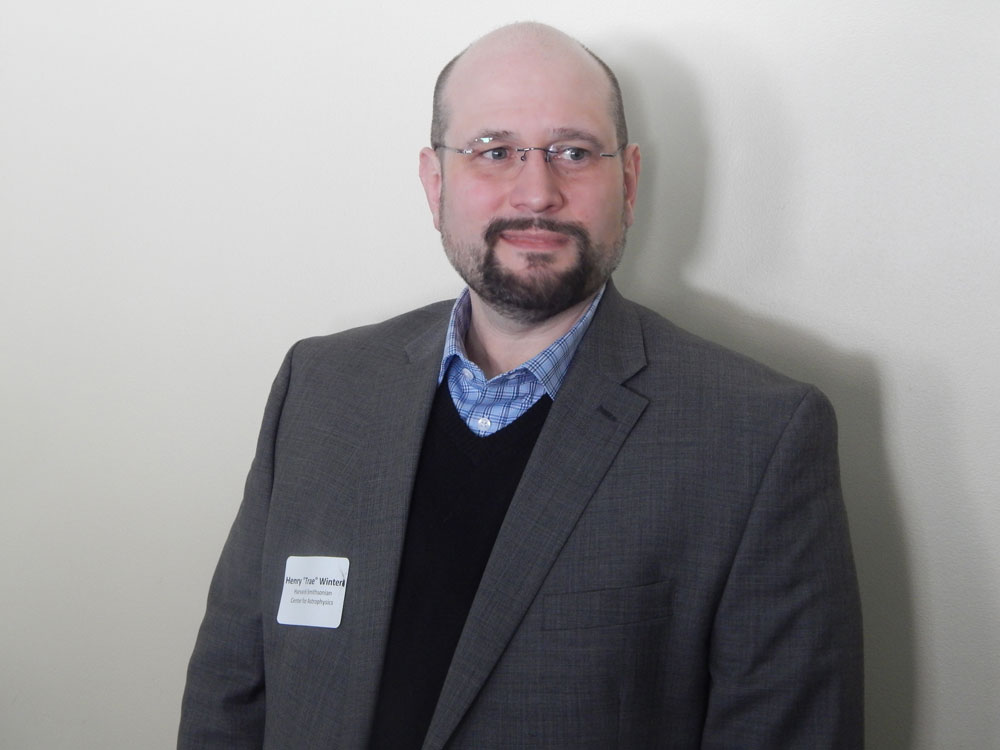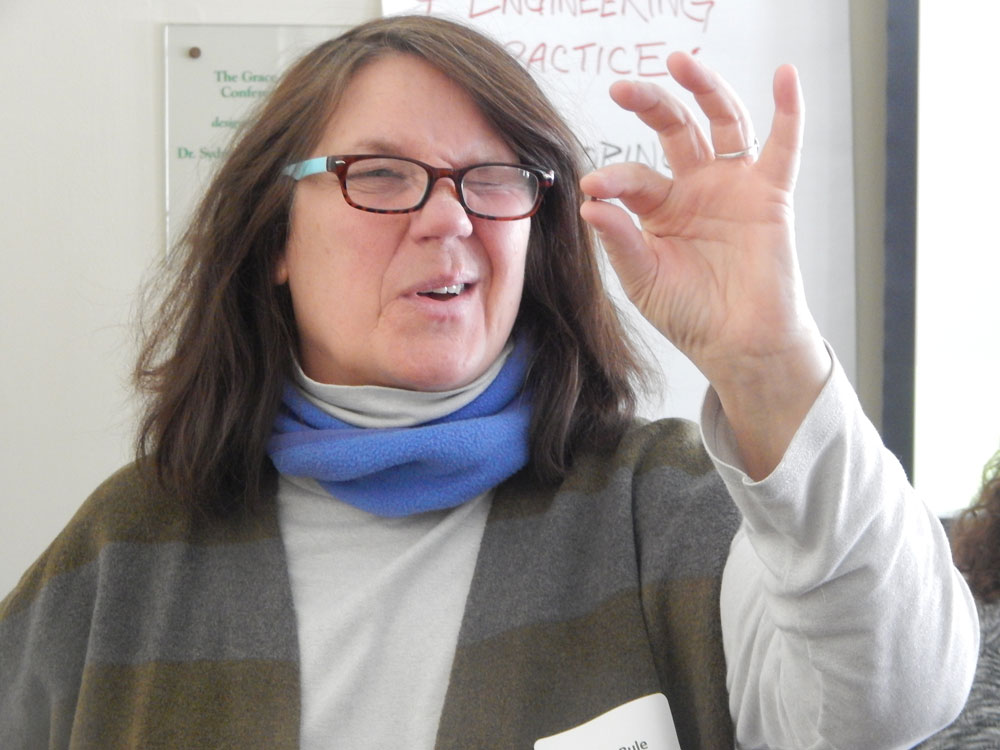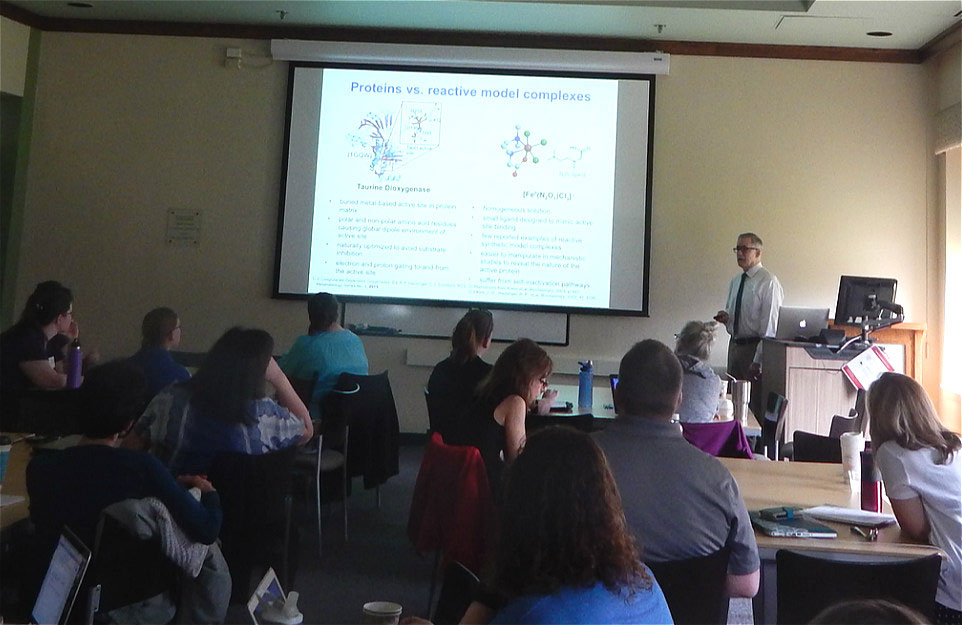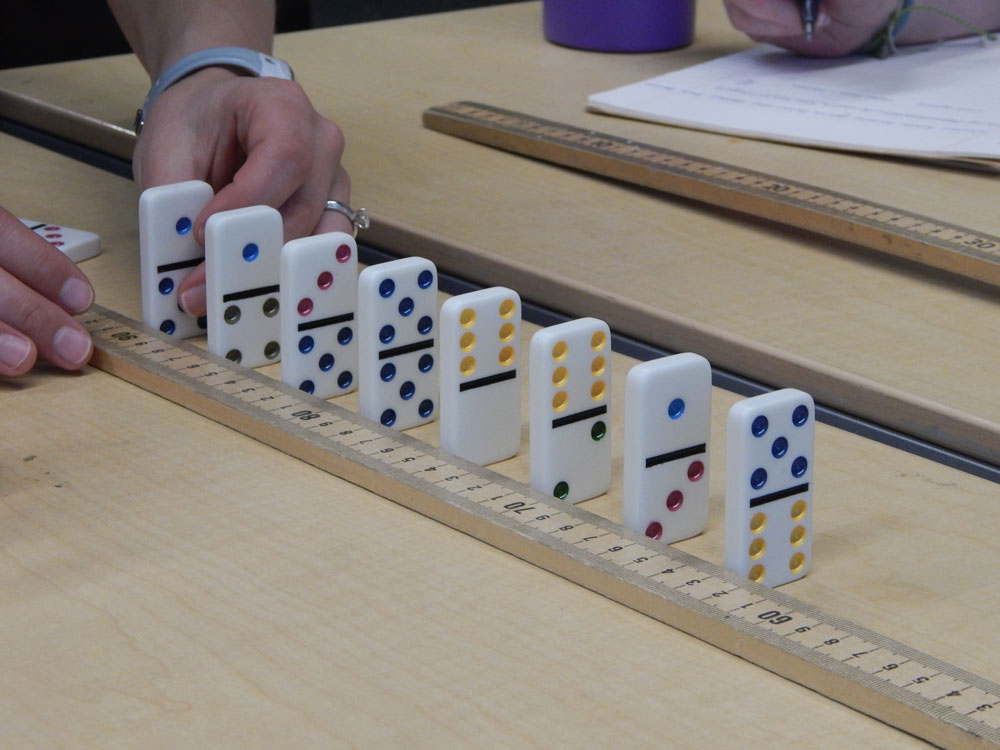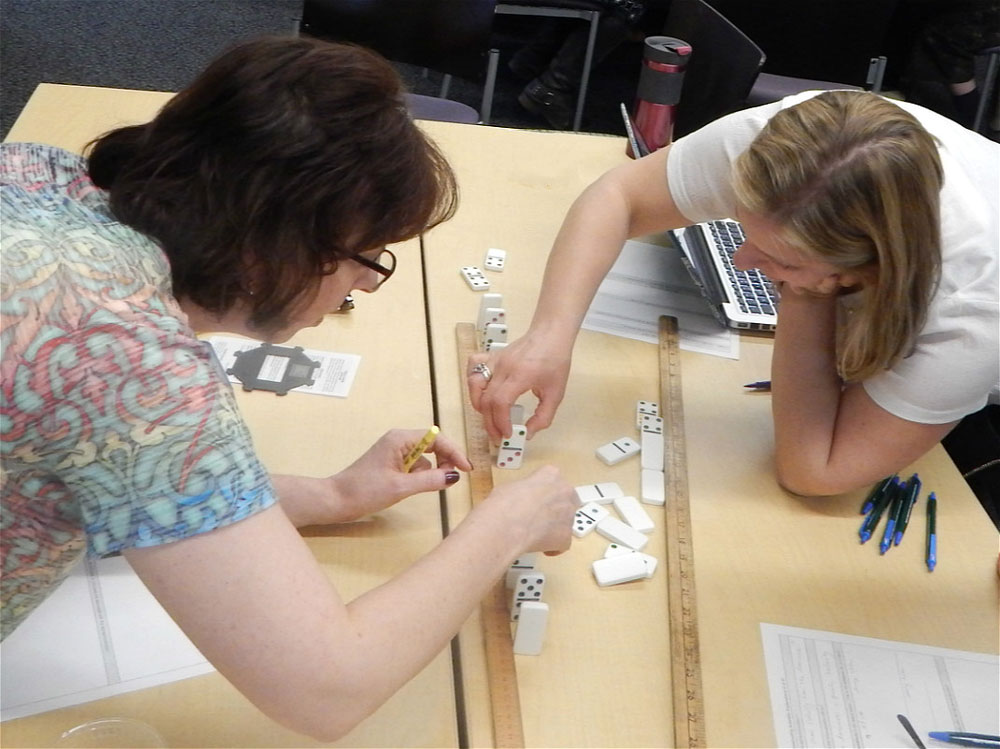The 2017 Professional Development Seminar series consisted of full-day sessions, which were divided into two sections. The mornings were spent exploring STEM content areas with scientists and policy-makers, while afternoon sessions were skill-based and focused on turning real-life science into exciting, inquiry-based, hands-on lessons and activities for programs with K-12 students and teachers or other youth programs.
Wednesday, January 25th
Engineering Goes Underwater
Paul Fucile, Senior Engineer, Woods Hole Oceanographic Institution
Alvin and other underwater vehicles have been allowing humans to explore below the ocean surface for decades. Who are the people behind these amazing vehicles? And what happens behind-the-scenes to keep them on the cutting edge of science? In this seminar, Paul Fucile explained his role as an engineer within the Woods Hole Oceanographic Institution. He described his work with underwater vehicles and the unique challenges of engineering for an aquatic environment. He talked about his collaborative work with scientists, beginning with the design problems they bring to his door. Participants gained insight into the successes and challenges Paul has faced along the way.
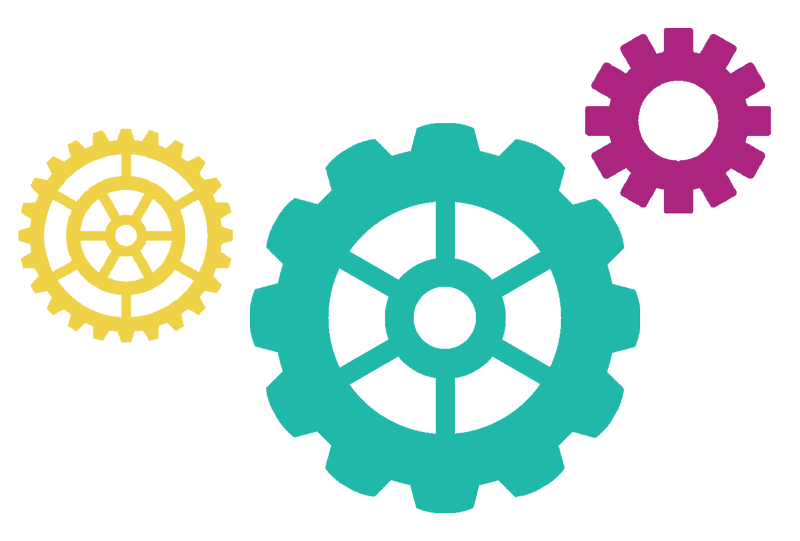
Bringing You Up to Speed on the Practice of Using Mathematics and Computational Thinking
Aaron Osowiecki and Jesse Southwick, Physics teachers, Boston Latin School and Developers, Energizing Physics
The science and engineering practice of using mathematics and computational thinking can be a challenge in informal education settings. How can you engage learners in this practice without much information about their math skills or knowledge? In this seminar, educators discussed mathematics and computational thinking and took with them an adaptable and differentiable activity to use with learners in a variety of programs. With Aaron and Jess, participants measured speeds in non-traditional ways. They engineered devices to help them measure speed using their own unique traits, then put it to use and reported their results. The group discussed the importance of standard units for even the youngest learners and learned to recognize opportunities to incorporate or emphasize the math that is essential to doing science and engineering.
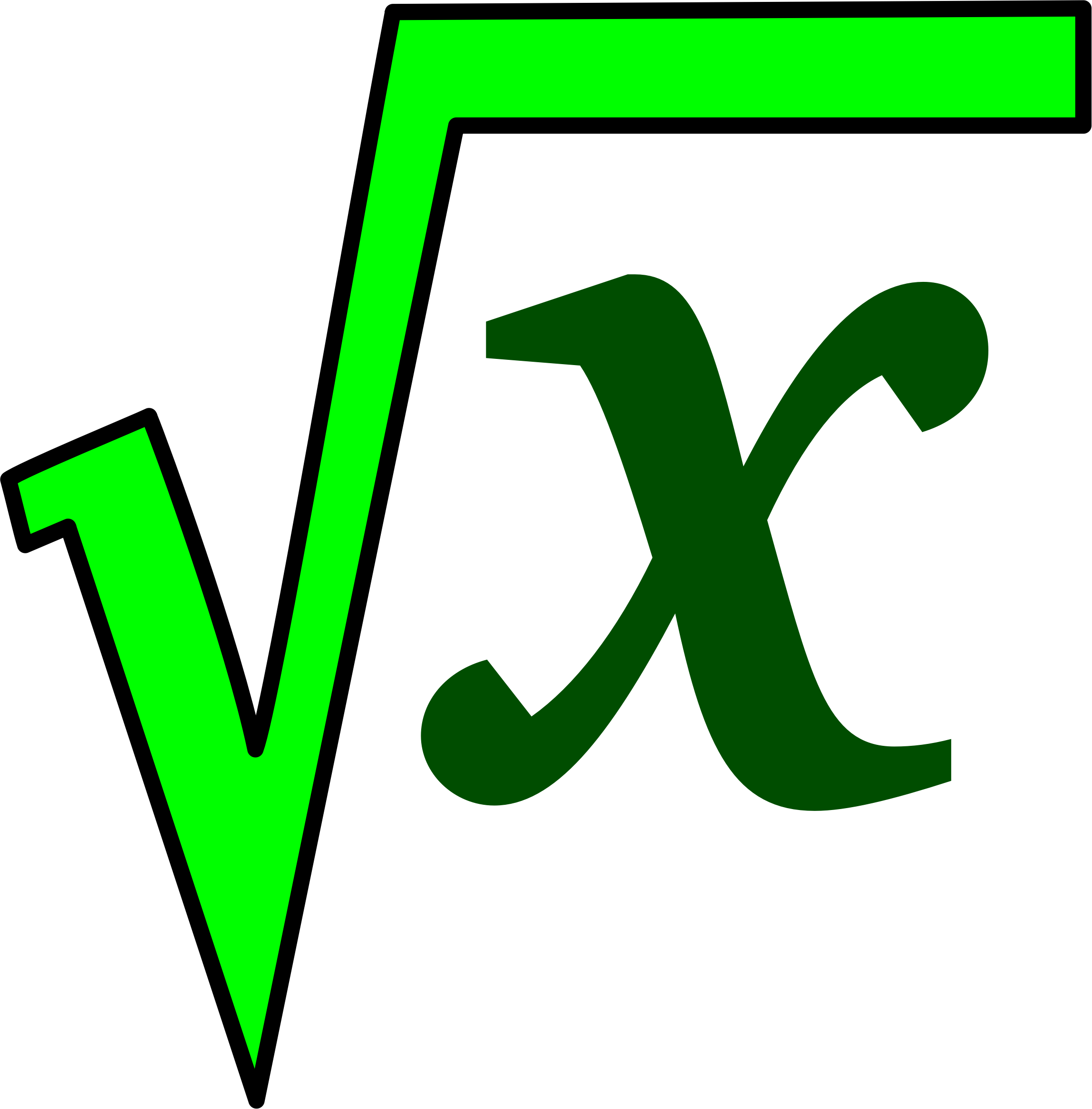
Thursday, February 16th
An Unexpected Path to the Antarctic
Dyan deNapoli, “The Penguin Lady”, Speaker, Author and Penguin Expert
Penguin expert, TED speaker and award-winning author Dyan deNapoli gave a presentation about her work as a penguin advocate and conservation educator. She shared the story of her unlikely journey to becoming a penguin expert. In 2000, while working for the New England Aquarium, Dyan helped manage the rescue of 40,000 penguins from an oil spill in South Africa. Dyan is one of 78 women from around the globe selected to be part of a women-in-science leadership-development initiative called Homeward Bound. The women spent three weeks together on a ship in Antarctica, enhancing their leadership and collaboration skills and learning directly about the impacts of climate change. During her talk, Dyan introduced educators to Penguin Watch, an online citizen science project that utilizes student volunteers to count penguin populations in Antarctic regions.
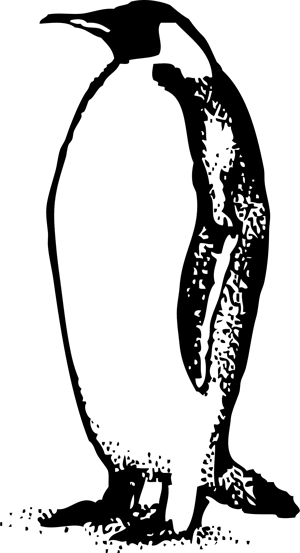
Communicating About Climate Change: An Interdisciplinary Challenge
Dr. Vandana Singh, Professor and Chair, Physics and Earth Science Faculty, Framingham State University
Climate change presents a unique interdisciplinary challenge that requires many of us to re-envision the science and engineering practice of communicating information. In this seminar, Dr. Singh presented her work in the new area of climate change pedagogy. Educators who attended noted potential pitfalls in their current exhibits and programs and gained resources to add to the growing body of knowledge about the most effective ways to teach and communicate about climate change. Participants walked away with strategies and ideas, from case studies to theatrical presentations, for introducing these sometimes difficult concepts to a variety of audiences with whom they interact.
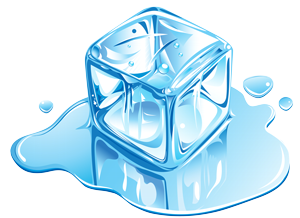
Thursday, March 16th
Alien Solar Eclipses: The Importance of Modeling in the Search for Exoplanets
Dr. Irene Porro, Director, McAuliffe Center for Integrated Science Learning
Mary Dussault, Science Education Program Manager, Harvard-Smithsonian Center for Astrophysics
Using models is an important science and engineering practice. In this seminar, educators compared different ways of modeling a natural phenomenon and a scientific process. Through hands-on experiences, they explored modeling in science and engineering as a tool to make predictions – in this case, about planets orbiting stars outside our Solar System. Educators then reflected on the importance of integrating different learning styles (multiple intelligences) to effectively introduce modeling practices in both informal and formal classrooms. Participants also learned how to access real telescopes online to collect data that tests their models of planetary systems.

Sunny With a Chance of Simulations
Dr. Henry “Trae” Winter, Astrophysicist, Harvard-Smithsonian Center for Astrophysics
We often think about what is going on close to home, but what do we find when we look towards the sky? In this seminar, Dr. Winter presented his current research as well as developments in the field of astrophysics, including detection of new planets and work related to the August 2017 “Great American Eclipse”. He showed why his research takes place in the world of simulations and models, not in a lab. Dr. Winter also shared his successes in engaging new audiences through data visualizations created in museums and other informal settings. Participants found out how scientists observe solar features and processes and took away some up-to-date tools for engaging the public with these faraway phenomena.

Wednesday, April 12th
Imitating Mother Nature to Improve Chemical Reactions
Dr. John Caradonna, Associate Professor of Chemistry, Boston University
Chemical reactions happen in the world around us every day. In the industrial world, extreme temperature and pressure changes are used to speed up reactions and increase efficiency. But how do these same reactions happen in nature, where such a change is impossible? In this seminar, Dr. Caradonna shared the chemistry lessons we learn from living organisms. He also explored the interdisciplinary nature of his field, highlighting the connections among biology, chemistry and physics. Educators learned more about Dr. Caradonna’s efforts to develop synthetic systems that are comparable to the key steps in biological reactions, as well as important applications of this research. As a group, participants discussed how to use this information to incorporate the chemistry around us into exhibits and programs.
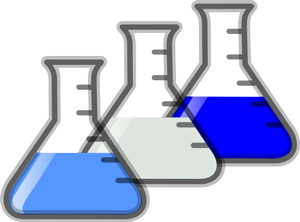
“I’d Like to Have an Argument”: Making Meaning Through Conversation
Dr. Rudolf Kraus, Assistant Professor of Educational Studies, Coordinator for Secondary Science Education, Rhode Island College
Gabriel Rodriguez, MEd, Teacher of Chemistry, Woonsocket High School
When you think of an argument, do you think of raised voices and flying insults? This seminar helped educators expand their definition to include the science and engineering practice of engaging in argument from evidence. In this presentation, Dr. Rudolf Kraus sparked conversation and debate with a variety of hands-on science activities related to the motion of objects, models of the solar system and chemical bonding. Educators had the opportunity to act like a scientist, puzzling out a framework from a limited set of data. Participants gained strategies to use in their school programs or classrooms to engage students in scientific talk.
